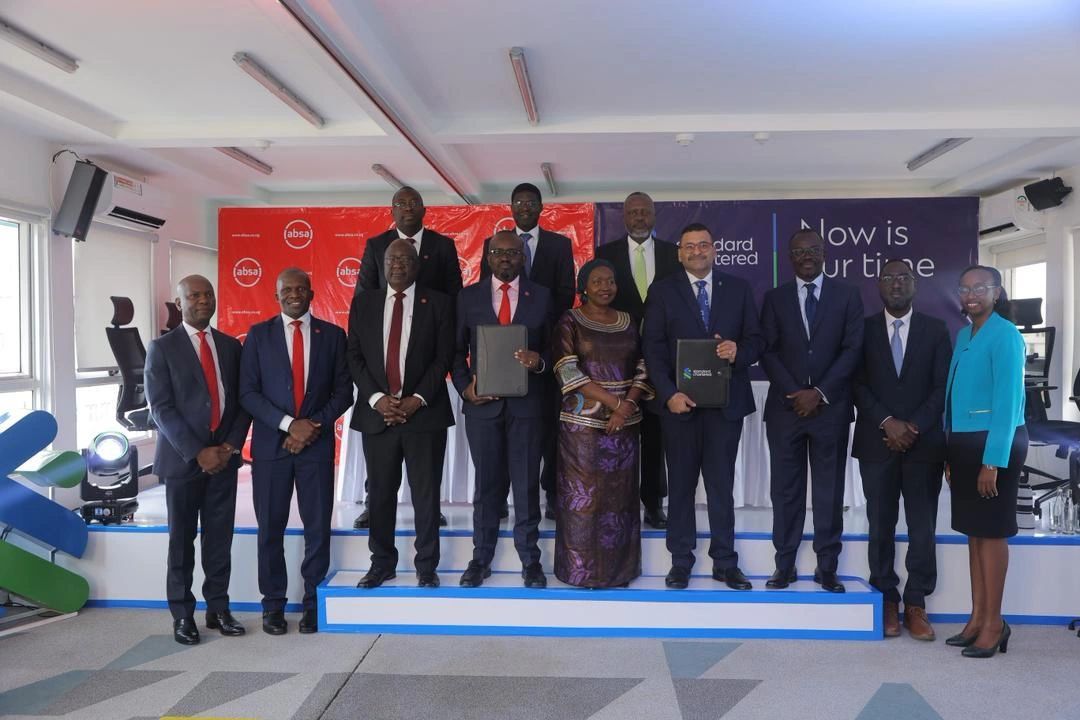According to the Uganda Retirements Benefits Regulatory Authority (URBRA), only approximately three million Ugandans out of a potential 18 million workers are actively saving for retirement. This leaves more than 15 million individuals without any form of retirement savings, exposing them to various vulnerabilities, particularly during their retirement years, typically between the ages of 55 and 60.
Speaking at the unveiling of a study aimed at creating a National Long-Term Saving Scheme, Mr. Martin Nsubuga, CEO of URBRA, emphasized the urgent need to address this gap in retirement savings coverage. He stressed that while there are many Ugandans capable of saving for retirement, there is currently insufficient infrastructure to organize and facilitate such savings effectively.
Mr. Nsubuga highlighted the importance of incentives and accessible saving mechanisms to encourage more people to save for retirement voluntarily. He explained that the proposed National Long-Term Saving Scheme, which is intended to complement existing schemes like the National Social Security Fund (NSSF), will primarily target the informal sector while also providing additional savings options for others.
“We look at the new and current population, we believe this will enhance savings- we won’t force people to save but we will leverage on incentives to attract people,” Mr. Nsubuga stated.
URBRA is actively working on developing the necessary frameworks for establishing the National Long-Term Saving Scheme, aiming to extend retirement benefits coverage to more than 15 million currently uninsured individuals.
Finance State Minister Amos Lugoloobi echoed the urgency of addressing the retirement savings gap, noting that many self-employed workers and those with uncertain salaries are not saving for retirement, despite their ability to afford it. He emphasized that without adequate retirement savings, millions of elderly Ugandans could face financial insecurity in the future.
Mr. Patrick Oketa, Executive Director of Financial Sector Deepening Uganda, highlighted findings from the FinScope 2023 study, indicating that while a significant portion of Ugandans save, the majority do so informally. This underscores the need for formalized, accessible, and incentivized saving mechanisms to ensure broader retirement benefits coverage across the country.











